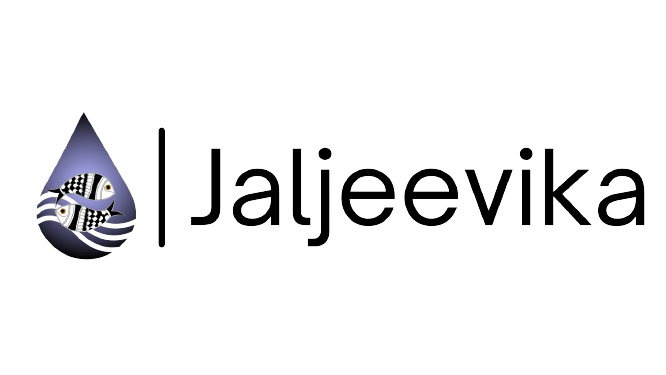Basics of Aquaculture
Introduction
The overall objective of this training programme is to enhance trainee's capability to effectively contribute to the development of aquaculture sector. Specifically, the training programme is expected to provide all the guidance, resources, and support systems necessary to enable trainees to prepare themselves for effective service delivery either as fish farmers or change agents. In addition, the programme will assist the trainees develop greater self-awareness, identify their strengths and weaknesses, and prioritize their efforts to improve in areas most critical to their personal effectiveness.

Aquaculture in India

Know your Fish
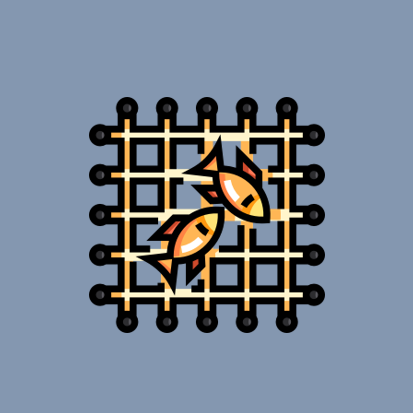
Types of Fish Culture

Pond Management
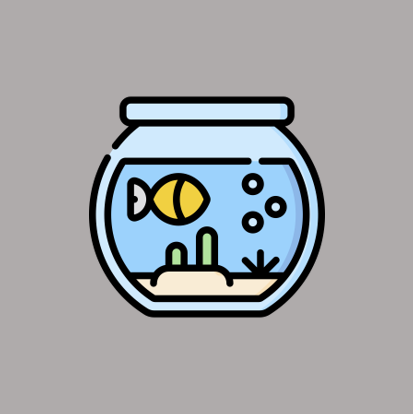
Feed Management

Health Management
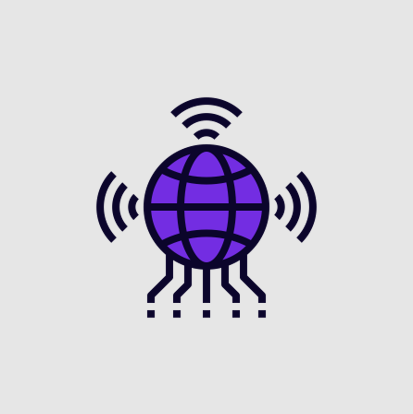
Advanced Technology

Fish Economics
Benefits
After completing this programme, participants will be able to:
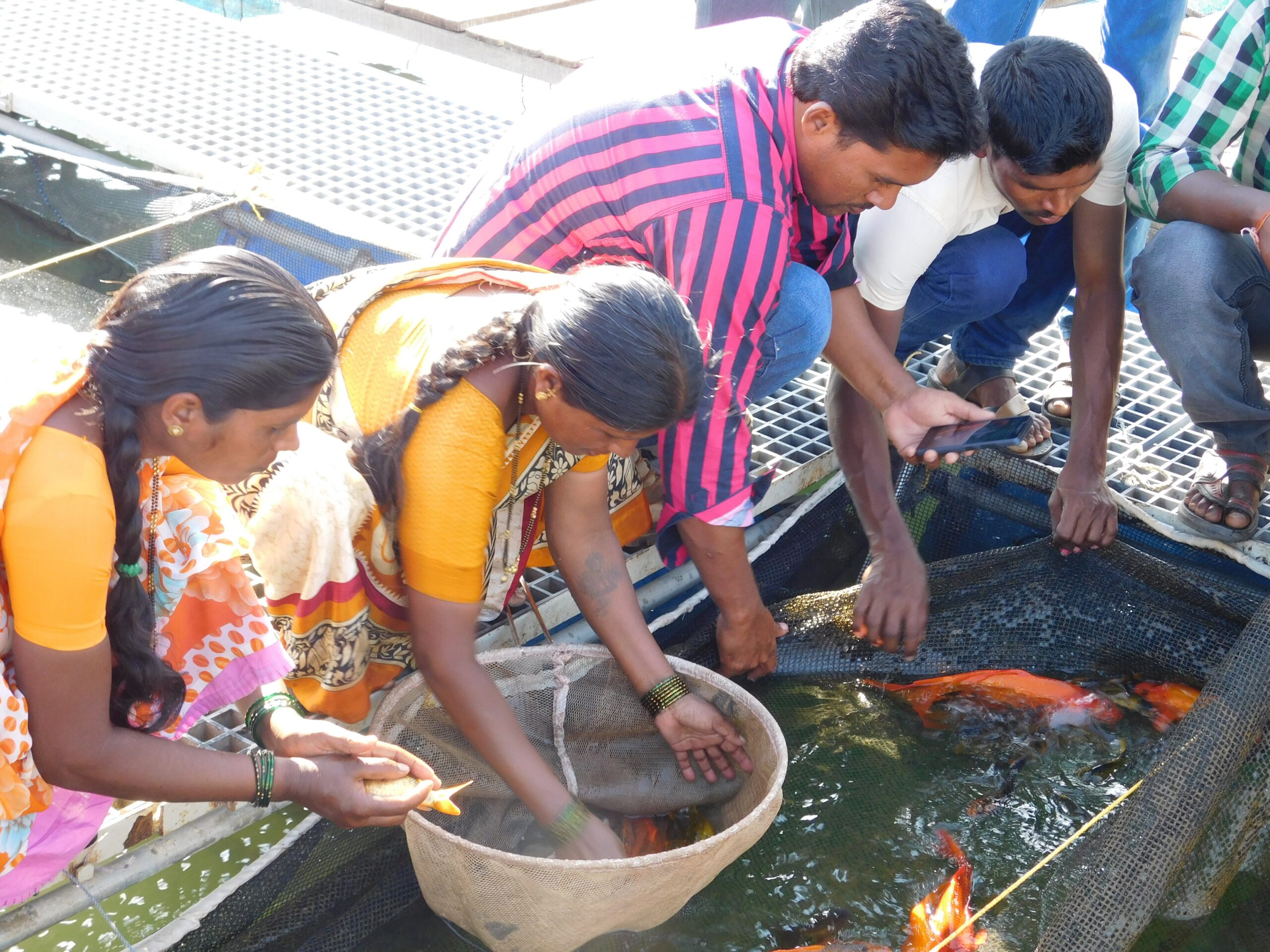
Identify the species for freshwater aquaculture and easily adoptable culture techniques of different freshwater species based on commercial importance depending upon the culture method.
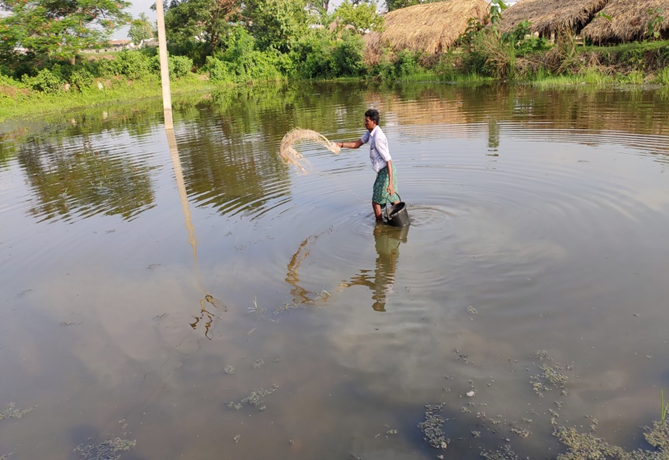
Perform pre- culture activities: pre-stocking pond preparation based on species and culture type (Monoculture or composite culture), water filling, removal of aquatic weeds, insects predators.
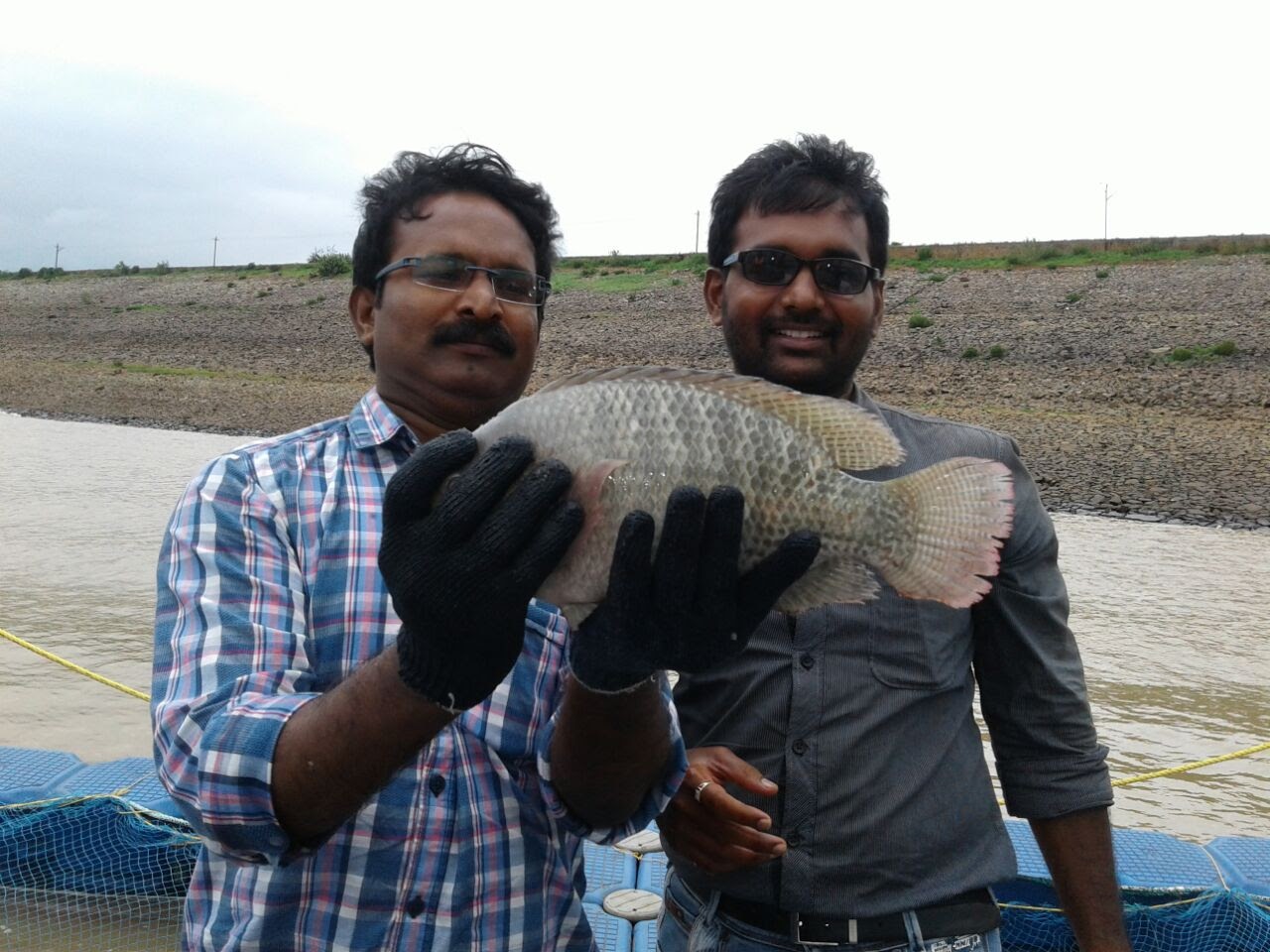
Perform post stocking culture operations: seed transportation, water and soil quality management, feeding, application of manures, fertilizers, pesticides and medicines, regular health monitoring of species.
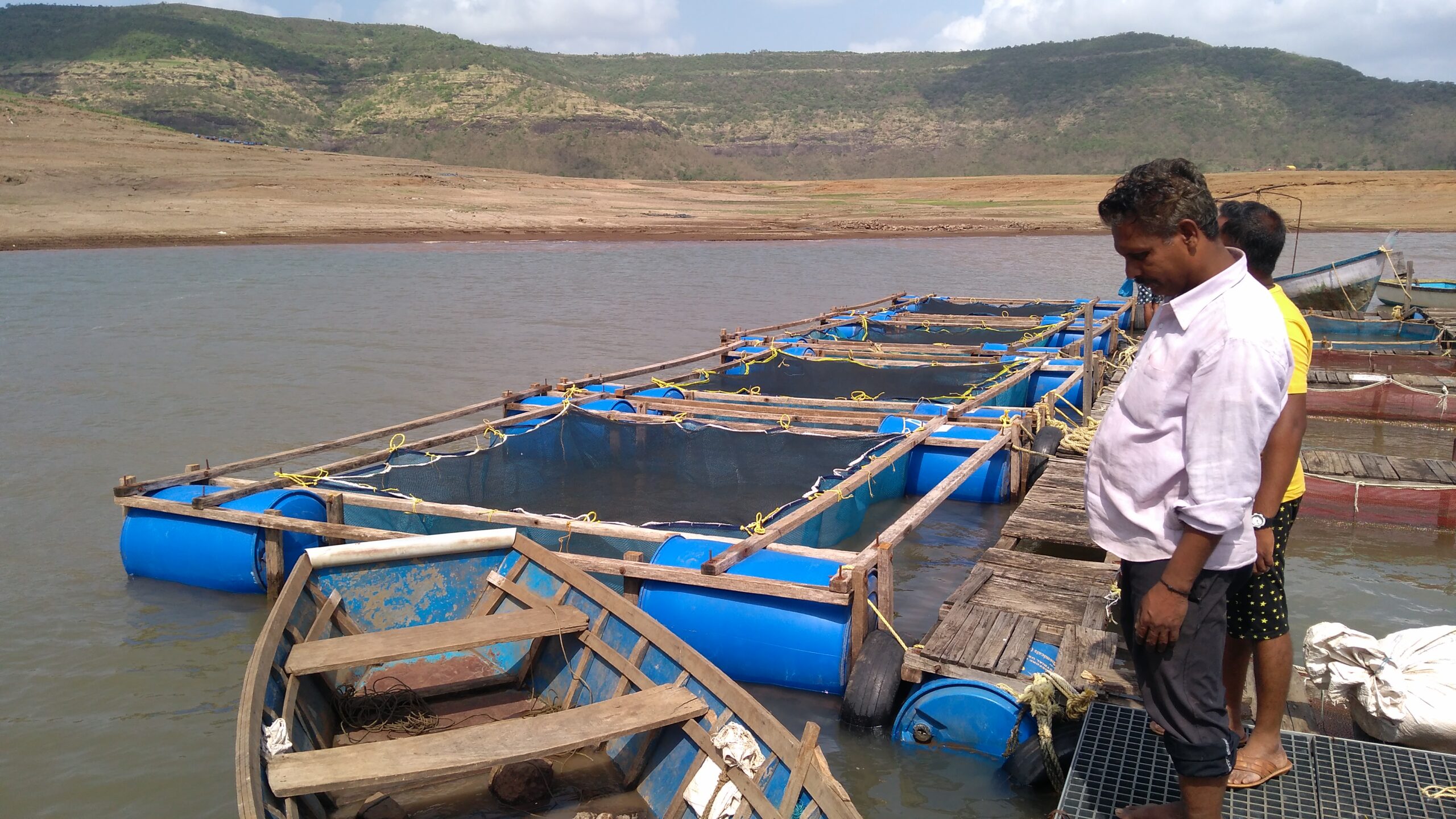
Implementation of advance technologies: Advance technologies in aquaculture like Re-circulatory aquaculture system, Biofloc, Cage culture, Pen culture etc.

